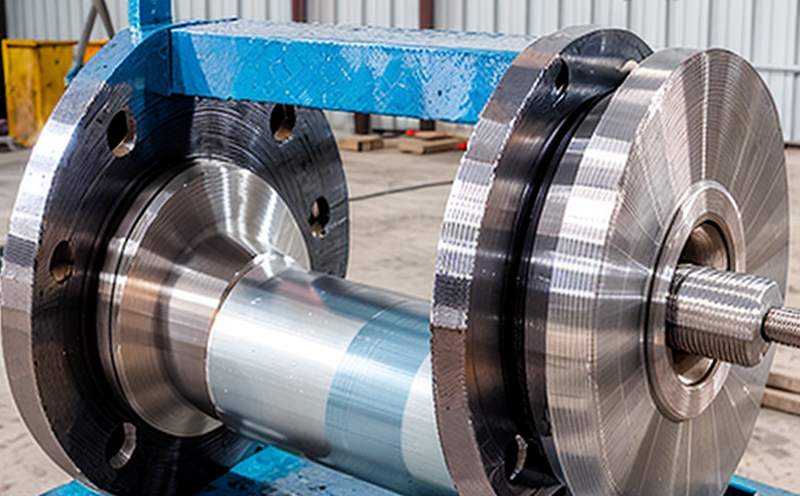Testing of tensile strength in welded joints
Unveiling the Strength of Welded Joints A Comprehensive Guide to Testing Tensile Strength
In todays fast-paced industrial landscape, ensuring the reliability and durability of welded joints is crucial for businesses to maintain their reputation and remain competitive in the market. One critical aspect of this endeavor is testing the tensile strength of welded joints a fundamental parameter that determines the structural integrity and performance of various materials under stress.
At Eurolab, we specialize in providing state-of-the-art laboratory services, including comprehensive Testing of Tensile Strength in Welded Joints. Our team of experts utilizes cutting-edge equipment to deliver precise results, ensuring that our clients can make informed decisions with confidence.
The Importance of Testing Tensile Strength
Tensile strength is the maximum stress a material can withstand while being stretched or pulled before failing or breaking. In welded joints, its essential to test the tensile strength to assess its ability to resist deformation and maintain structural integrity under various loads. This knowledge is vital for industries such as construction, manufacturing, and energy, where welds play a critical role in ensuring public safety and equipment performance.
Advantages of Testing Tensile Strength in Welded Joints
Our comprehensive testing services at Eurolab offer numerous benefits that can help your business thrive
Improved Safety and Reliability
Reduced risk of equipment failure and accidents
Enhanced structural integrity and durability
Increased confidence in material performance
Compliance with Regulations and Industry Standards
Adherence to regulatory requirements for tensile strength testing
Compliance with industry-specific standards (e.g., ASME, API, AWS)
Facilitates certification and quality control processes
Increased Efficiency and Cost Savings
Reduced need for costly repairs or replacements due to premature failure
Improved material selection and usage, resulting in cost savings
Enhanced manufacturing efficiency through informed decision-making
Competitive Advantage and Business Growth
Demonstrated commitment to quality and safety
Increased customer trust and loyalty
Competitive edge in the market through enhanced product performance
Frequently Asked Questions (FAQs)
Q What is tensile strength, and why is it important for welded joints?
A Tensile strength is the maximum stress a material can withstand before failing or breaking. Its crucial for assessing the structural integrity of welds to ensure public safety and equipment performance.
Q How does Eurolabs Testing of Tensile Strength in Welded Joints work?
A Our team utilizes advanced equipment to conduct precise testing, delivering comprehensive results that help clients make informed decisions about material selection, usage, and quality control.
Q What industries benefit from Eurolabs Testing of Tensile Strength in Welded Joints services?
A Various sectors, including construction, manufacturing, energy, and more, rely on our expertise to ensure the reliability and durability of welds.
Q How can I request testing services or obtain more information about your lab?
A Please visit our website for detailed instructions on requesting services or contacting us directly. Our team is committed to providing exceptional support and service to clients worldwide.
Conclusion
In conclusion, Testing of Tensile Strength in Welded Joints is a critical component of any quality control program, ensuring the structural integrity and reliability of various materials under stress. At Eurolab, our comprehensive laboratory services are designed to provide businesses with precise results, enabling informed decision-making and enhanced competitiveness.
Dont compromise on material performance or public safety choose Eurolab for your Testing of Tensile Strength in Welded Joints needs. Our team is dedicated to helping you achieve success and growth in the market while upholding industry standards and regulations.




